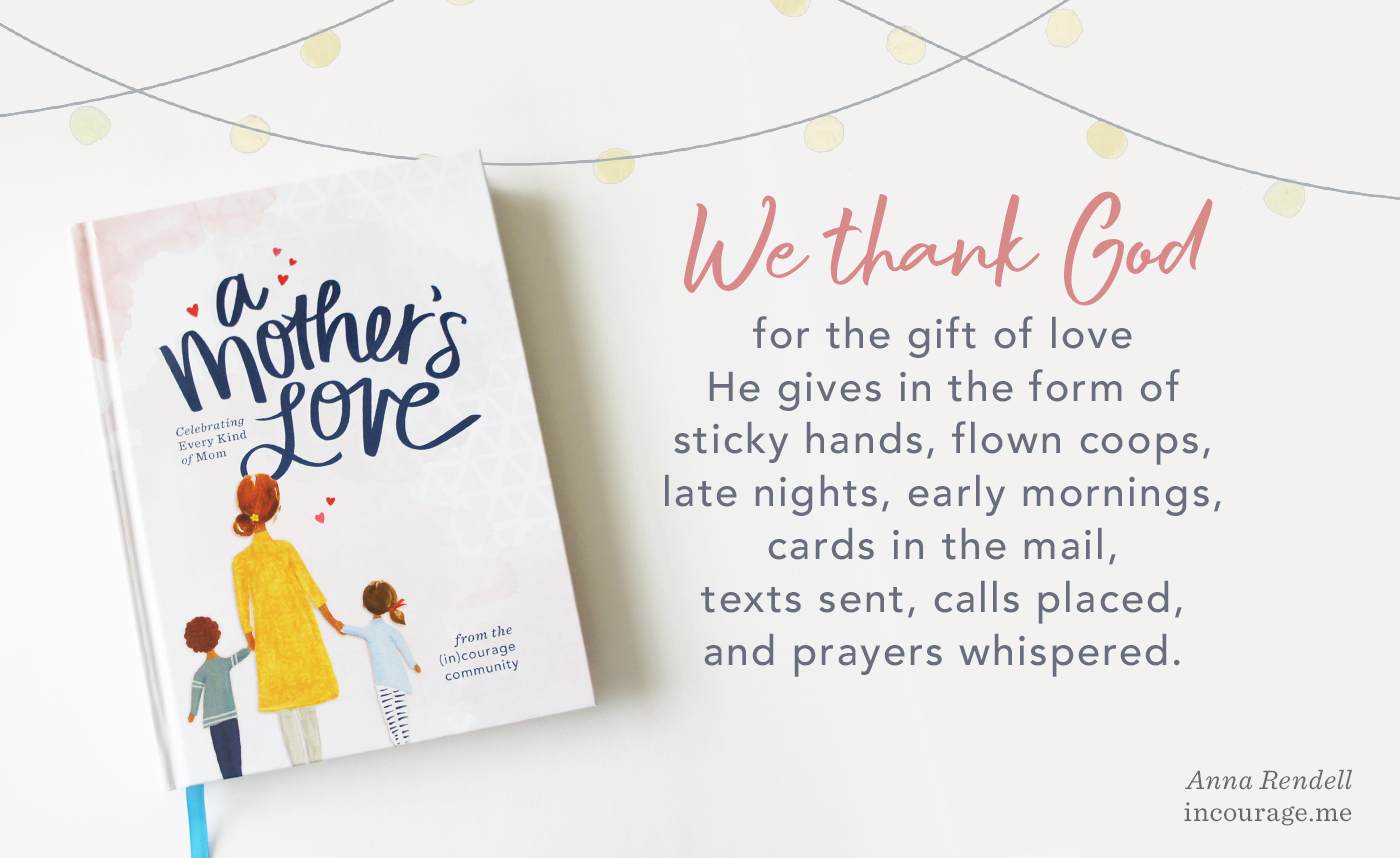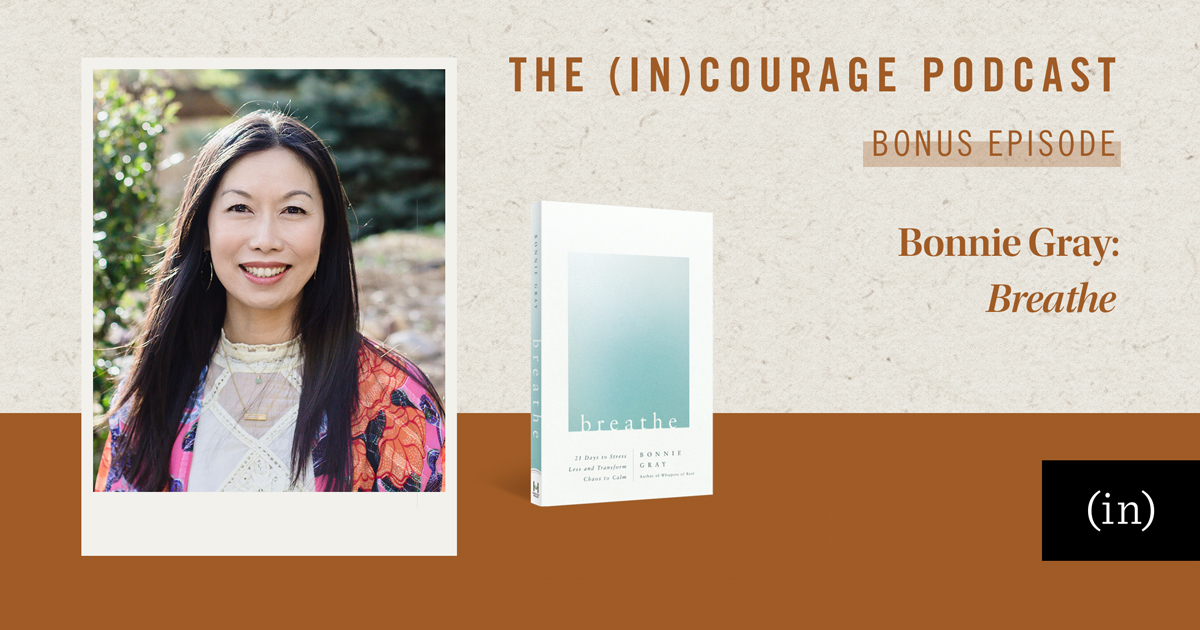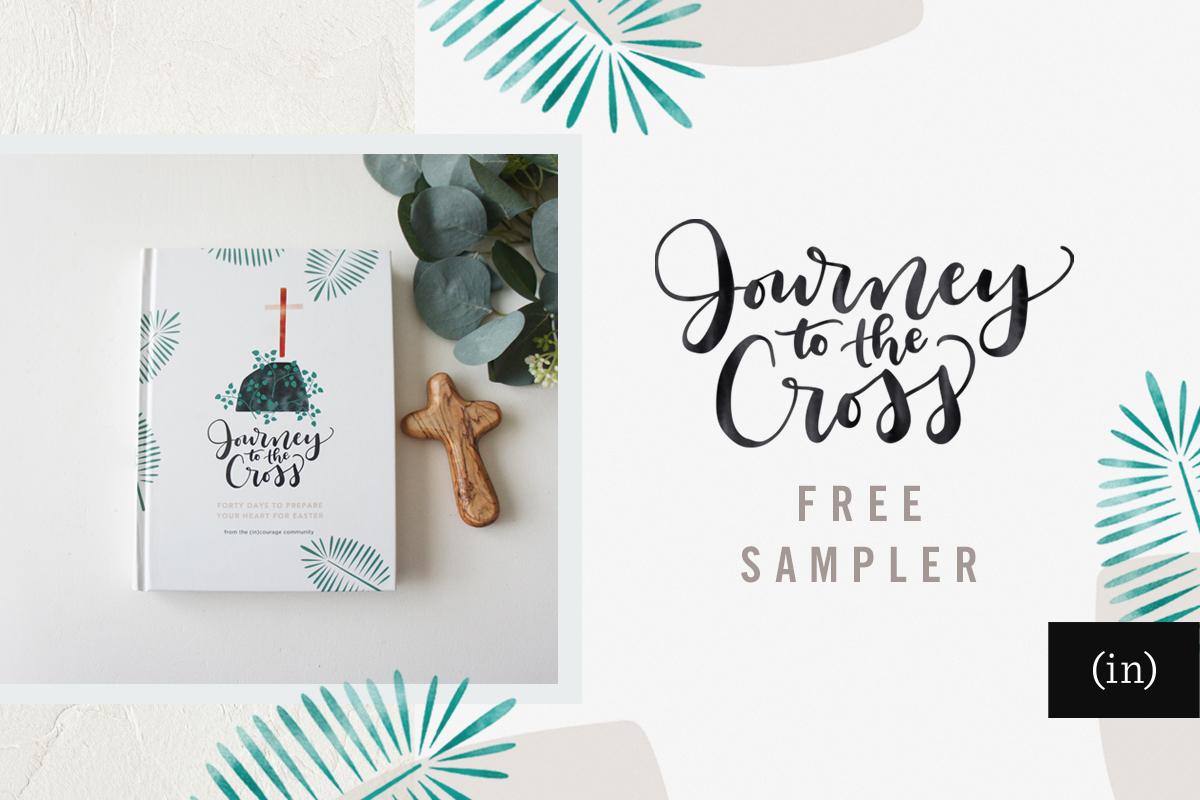“See that house next door?” My friend pointed out her window.
“If our church wasn’t so close, I’d move in a heartbeat. She’s a horrible neighbor and there’s nothing I can do to please her. I know from your Just Open the Door Bible study that we’re supposed to neighbor well, but you don’t understand. She’s impossible.”
I empathized with her situation of challenging neighbors. Last year, we bought an old house to fix up and use as a hospitality home for my newly formed non-profit organization. The Becoming Cottage has already generated a legacy of welcome as I’ve hosted so many women in this small, ordinary space. Yet no amount of baked cookies, encouraging notes, and neighborly kindness has cracked the “Love your neighbor as yourself” code for the property owners behind us.
“I do understand,” I told my friend, “But I also know you have the opportunity to change the culture on your street if we can figure out what it means to really love this neighbor. Not with an agenda. Not as a project. But seeking to understand her story, her deep need. Have you reached out recently?”
She sputtered a bit at my challenge.
Love is hard and I throw that word around much too liberally. I love my morning coffee. I love thrifting. I love spending time with our children. I love French fries dipped in Chick-fil-a sauce. There are so many things I attach the word love to. It’s birthed from my passion and zeal for life, but I don’t want to become numb to the fullness and depth of its true, biblical meaning.
Nothing compares to the love that Jesus spoke about when challenged by one of the Pharisees:
“Teacher, which command in the law is the greatest?” He said to him, “Love the Lord your God with all your heart, with all your soul, and with all your mind. This is the greatest and most important command. The second is like it: Love your neighbor as yourself. All the Law and the Prophets depend on these two commands.”
Matt. 22:36-40
The word ‘love’ used here stems from the Greek word agape. Agape is defined as “the highest form of love, charity as it embraces a deep and profound sacrificial love that transcends and persists regardless of circumstance.”
My friend and I fleshed out the Greatest Commandment using personal examples, and it convicted us.
Love the Lord your God with all your heart, soul, mind, and strength even when you can’t fathom the loss of your son or mother.
Love Him when you’re unemployed and struggling to pay the next bill.
Love Him when you’ve been diagnosed with breast cancer, and are terrified of what the future holds.
Love Him when you’re filled with doubt, but feel He’s silent on the matter.
Love the Lord your God with everything you have, even when situations are out of your control.
Here’s the next big challenge. Jesus didn’t pause and ponder part two of His command. He didn’t divide these two instructions into an either/or situation. If we are to make a Gospel impact on those around us, then the way we love our neighbor reveals something about the way we love God. And the way we love God reveals something about the way we love our neighbor. I’ve declared this for years, but to walk it out calls for pouring out selflessly and how often do we choose that?
So many church websites and t-shirts are filled with the exhortation, “Love God and Love Others” and we cosign with a resounding yes! Yet often when the challenging opportunities arise to love sacrificially and surrender our own preferences, we want an easier choice. But God’s commands to love imply even when…
Love your neighbor even when they claim credit for your work.
Love your neighbor even after she un-invites your daughter to a party.
Love your neighbor even when she’s talking about you behind your back.
Love your neighbor even when they report you to the HOA over a meaningless first-world problem.
I’m sure you can fill in your own blank here, but when we walk this out, there’s hope.
Months after our lunch, my friend stepped forward in faith, praying expectantly that she’d release seeds of resentment and have a heart change for her “nasty neighbor.” (Her words, not mine.) I chuckled when she first sent her husband next door as a buffer. He offered to help with yard work and she told me it counted as her first baby step of obedience. Loving their neighbor grew as she then extended a cookout invitation. Shocked at the offer, the neighbors accepted and five years of bitter barriers began crumbling. The hardships shared over brownies and coffee revealed the neighbor’s exaggerated HOA response. Apologies were offered and forgiveness was received. My friends had no idea of their neighbor’s difficulties, but by listening to her story, her deep need was expressed.
A neighboring miracle occurred when she gave the benefit of the doubt. Instead of fueling anger or assuming the worst, a foundation was laid to reach her neighbors for Christ. How different it could have been without extending that one uncomfortable, but simple invitation that changed everything.
Let that be us. Let’s be so fully alive in Him that when we pour into others a spirit of welcome and kindness, there’s no doubt from where that agape love stems.
What neighbor can you love today?




